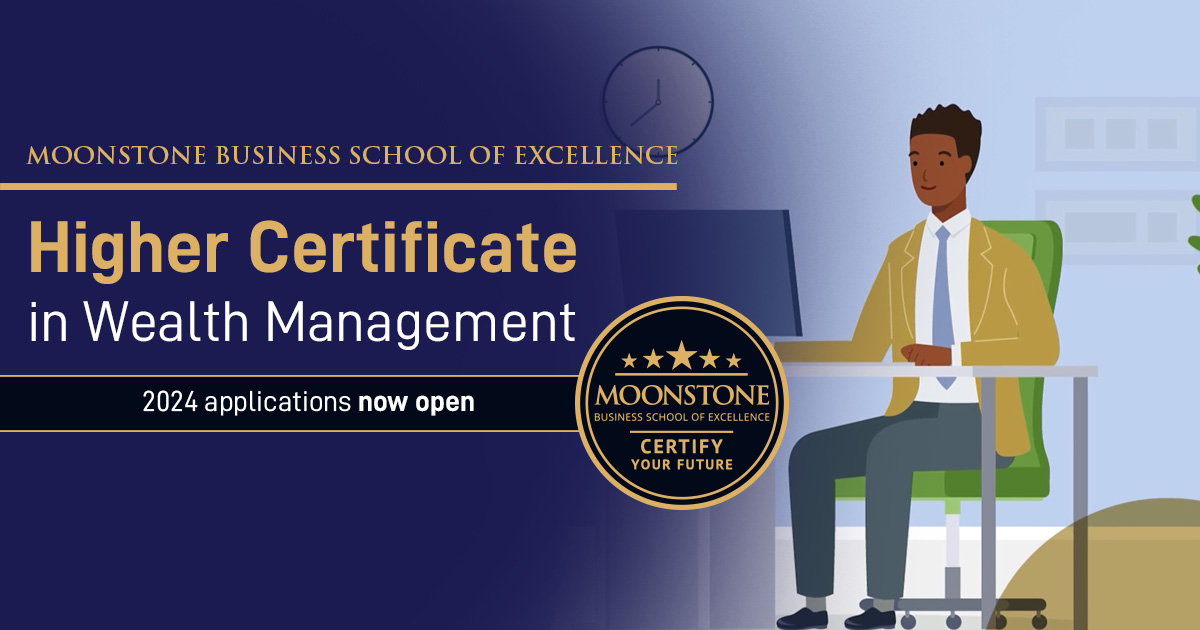There are many benefits to studying further: career advancement, increased knowledge and expertise, skills development, and building networking opportunities. Research also shows that completing further education programmes can boost self-confidence and self-esteem.
Possessing self-confidence in a professional setting produces improved performance, enhanced decision-making, effective communication, career advancement (again), and resilience in the face of setbacks and challenges.
So, how does further study help to build self-confidence? Here are 10 key points:
- Knowledge and skills acquisition: Further education, whether it’s pursuing a higher degree or taking specialised courses, can lead to the acquisition of new knowledge and skills. Gaining expertise in a particular field or subject can boost self-confidence, as individuals feel more competent and capable in their chosen area.
- Personal growth: Education often involves challenges and stepping out of your comfort zone, which can contribute to personal growth. Facing and overcoming academic hurdles can build resilience and self-assurance.
- Increased self-efficacy: Self-efficacy refers to your belief in your ability to accomplish specific tasks or goals. Further education can enhance self-efficacy by demonstrating that, through effort and persistence, you can succeed academically. This can spill over into increased confidence in other areas of life.
- Networking opportunities: Education institutions provide opportunities for networking and building relationships with peers, mentors, and experts in various fields. These connections can boost self-confidence by providing a support system and opening doors to new opportunities.
- Validation and recognition: Earning degrees or certifications often comes with recognition and validation of your achievements. This external validation can positively impact self-esteem and confidence.
- Career advancement: Further education can lead to better career prospects, promotions, and salary increases. Achieving professional success through education can significantly boost your self-esteem and confidence.
- Improved communication skills: Many education programmes emphasise communication and presentation skills. Developing these skills can increase your confidence in public speaking and interpersonal interactions.
- Critical thinking and problem-solving: Education encourages critical thinking and problem-solving skills. These skills can empower you to tackle challenges in various aspects of your life, leading to increased self-confidence.
- Personal fulfilment: Pursuing education for personal interest or passion can bring a sense of fulfilment and accomplishment, which can positively impact self-confidence.
- Adaptation to change: In today’s rapidly changing world, continuous learning is often necessary to adapt to new technologies and industries. Being proactive in pursuing further education can boost confidence in your ability to adapt and thrive in a changing environment.
The benefits of online learning
That said, finding time in your busy schedule to pursue further studies can be a challenge. Taking your studies online could be a solution.
Edel Goldbach, academic manager at Moonstone Business School of Excellence (MBSE), says there are many benefits to online learning. Besides saving on time and costs, it is flexible, builds transferrable skills, and offers career advancement opportunities. But, she says, at the end of the day, you get out of online learning what you put into it.
“Our philosophy is that we are there to coach and guide, but ultimately, it is up to you.”
Goldbach says MBSE knows that many financial advisers, brokers, and administrators have not studied for years but have a vast amount of experience. MBSE’s accredited qualifications are structured to make students at ease with learning.
“Online learning is perfect for people who are self-disciplined, independent, tech-savvy, motivated, and driven. It also requires commitment. Depending on the course you choose, there can be a lot of material to work through, and you need to set aside enough time in your week for studying,” Goldbach says.
Accredited qualifications
MBSE offers five accredited qualifications:
- The Postgraduate Diploma in Financial Planning (NQF 8)
- Occupational Certificate: Compliance Officer (NQF 6)
- Advanced Certificate in Financial Planning (NQF 6)
- Higher Certificate in Short-term Insurance (NQF 5)
- Higher Certificate in Wealth Management (NQF 5)
The Higher Certificate in Wealth Management (HCWM) is ideal for individuals who recently entered the financial services industry, are mapping out their career in financial planning, or need to obtain a foundation-level qualification to meet the Fit and Proper requirements.
The qualification is recognised by the FSCA for all product sub-categories of Category I FSPs, and it can be used to fulfil the Fit and Proper requirements for FAIS roles in Category I FSPs.
The HCWM will enable successful students to:
- Demonstrate knowledge and understanding of legislation, ethics, and compliance in the context of the financial services sector in South Africa;
- Demonstrate knowledge and understanding of the financial planning process in terms of collecting, analysing, and synthesising appropriate data to develop solutions and make judgments and recommendations that take into consideration client needs and attitudes;
- Apply a fundamental knowledge of insurance, economics, investment practices, tax, and other financial information to match the financial requirements of clients to financial products; and
- Communicate and present information, in writing and verbally, to demonstrate insight into current issues in the financial services sector.
The HCWM provides you with a foundation for various roles in the financial services industry:
- Administrators in financial planning practices, insurance companies, banks, and retirement funds;
- Self-employed financial advisers or brokers working under supervision who need a qualification to meet the Fit and Proper requirements;
- Tied agents or employed personnel rendering intermediary services in a variety of roles; and
- Matriculants interested in pursuing a career in the financial services industry.
Applications for the first semester close on 29 January 2024.
Apply today at www.mbse.ac.za
For more information, contact us at help@mbse.ac.za




